Calendar of events
Here you will find all of our congregation’s Sunday Services, Board and Committee meetings and other events. Use the calendar controls to see events for past or future dates. For a quick look at recent Sunday Services, click here!
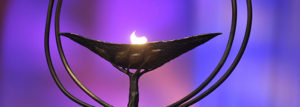
The covid-19 pandemic and Canada’s isolation response has caused all religious organizations to close their physical services. In Victoria some groups were ready for the change because they had already been broadcasting certain services. Other congregations have struggled to reach out. Religious and community leaders know that their function is as much pastoral (caring for the people) as it is theological (spreading and reinforcing the core messages of the faith), so not only pulpit/bima/mihrab services but also coffee chats and social gatherings are shifting to online. What do we want from our congregation(s) in normal times, and how does that change in pandemic time? How do we keep the chalice flame illuminated?
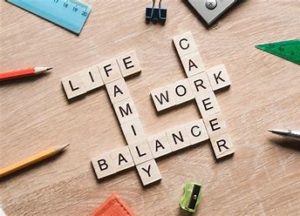
Motivational speakers and life-coaches often talk about the importance of maintaining a work-life balance. As the CUUC’s new Sunday Services Committee Director, a husband, father of three, and full-time consultant (amongst other things), I am keenly aware of this balance. But in recent times, I have begun to wonder whether such a balance exists. I’ve even begun to question whether such a distinction – between life and work – can even be made! More and more, it seems to me that this subject is the misinterpretation of a potentially grim truth: that life itself is work. I say “potentially” because it need not be grim if we look at it from a certain point of view – a point of view I would like to share with you all this Sunday, when we discuss work, life, balance, and the future of the CUUC.
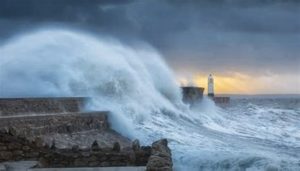
Dr. Michelle Gorman will outline in lay person terms the importance of biodiversity in terms of adjusting to the fluctuations involved with changing climates. What biodiversity is and what it is not. If you plant the right plants will the animals that need those plants for food, shelter and habitat follow? And what are the right plants?
A Not So Brief Biography: Michelle Gorman, Ph.D., is an entomologist with more than 30 years of experience in integrated pest management and insect and plant interactions, including vectoring plant diseases and invasive species management. She graduated from UVic with a B.Sc. in 1975, from Montana State University in 1979 with a M.Sc., with a major in Entomology and a minor in Plant Physiology, and from North Dakota State University in 1982 with a Ph.D. in Entomology and a minor in Plant Pathology. Michelle worked for City of Victoria Parks as the Integrated Pest Management (IPM) Coordinator, and she co-chaired the Municipal Committee of the B.C. Plant Protection Advisory Council. She is a member of the Restoration and Management RIG of GOERT and co-chaired its Invasive Species Steering Committee. She looks for the delicate balance of pest management in context with environmental conservation.
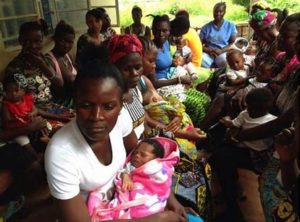
Seeing the World through a New Set of Glasses – Seven weeks living in a family compound in the small town of Taiama, Sierra Leone was a wonderful and sometimes challenging education for Faye Mogensen and her husband Christian. Newly returned from there, Faye will share her reflections on poverty, racism and cross-cultural understanding.
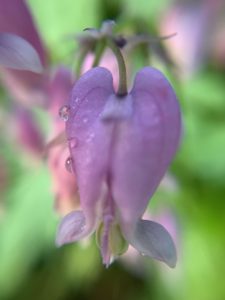
It’s not an easy time and to be encouraged to be hopeful and resilient can feel rather naive. Join us this morning via our Zoom Virtual Service as we gather to fortify ourselves as we look toward the future.
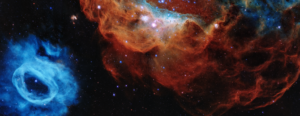
If we were to try and craft a religion for the modern world, how would we go about it? Maybe we could start by blending scientific knowledge with the passion of the eco-justice movement.
Though re-evaluating our relationship with Mother Earth might provide us with the will-to-change, it will not be enough unless we also possess a sincere reverence for nature. Is it possible for us to still have gratitude for our Mother while we live so far removed from her?
Amanda Patt, is a 4th year Geography and Environmental Studies student at UVIC. Amanda is passionate about finding solutions to the world’s greatest challenges: social inequality and environmental degradation. Amanda battles despair as she keeps searching for the hopeful threads in the world.
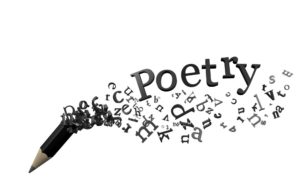
Poet Daniel Scott has discovered that, as a declaration of experience, insight and understanding, poetry is more than story telling or capturing images. Poetry offers a way to speak for others and of oneself from “the heart of compassion”. Writing poems is an integrative process that is, for him, spiritual. In his homily Daniel will reflect on the place of writing poems in his life highlighting how the writing process has helped him meet difficulty and accept what comes, especially in the midst of change and crisis. Maybe poetry can speak for you?
Daniel is a retried academic who worked at The School of Child & Youth care at UVic. His research area was the inner and spiritual lives of children and youth with work on girls’ diaries and suicide foci in his last years there. He has been writing poetry for about 4 decades, has published 5 books, 3 chapbooks, had several plays produced and has another chapbook and an edited anthology in press. He is the current Artistic Director of the Planet Earth Poetry read series. He has 5 children and 6 grandchildren and one on the way.
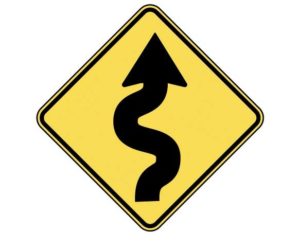
We are living an extraordinary moment, one that people will be writing and thinking about for many decades to come. Hopefully they will say that the people of 2020 managed well in difficult times. How do we best navigate to make this so?
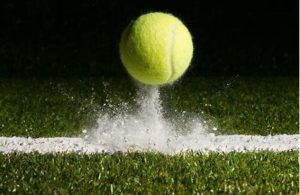
Finding our resilience. Why do many people and organizations crumble in the face of difficulty, while others use adversity to bounce back even stronger? The experience of bounce can range from an uncanny feeling of levitation to a supreme tranquil relaxation. It is precisely when all seems lost that the opportunity exists to rewire your brain. It’s often during life’s most difficult times that we discover our most critical hidden strengths and that we forge our most important capabilities.
Reverend Amy Beltaine provides a UU ministry of spiritual mentoring through individual and group appointments, Sunday services, rites, and rituals. She helps broken-hearted allies and friends of the marginalized and oppressed struggling to feel their spiritual direction. We need all the support we can get! When (spouse) Hawthorne and Amy are not pulling their little home behind them they live in Portland, Oregon with a beagle named Zim. A graduate of Meadville Lombard School for the Ministry, Amy is on the coordinating committee of the UU Spiritual Directors’ Network. Amy is an accredited Spiritual Director, certified Transitions Specialist, nearly life-long earth-honoring Process Pan-en-theist, and faculty member at Cherry Hill Seminary. Amy aspires to become a Love-Ninja. Connect with Amy at http://amybeltaine.info
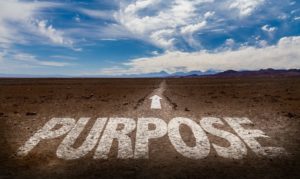
The personal and community disruption and losses arising from COVID-19 has led many of us to reflect on what is important. By extension, questions about purpose and meaning arise. Although the subject of streams of philosophy, these are questions for all of us to answer, for ourselves. Transition and retirement coach (and Capital member) Stefa Katamay will explore some of the pillars of life purpose – our values and what drives and energizes us – and why having a life purpose matters. How we can support one another in our journeys towards purpose and meaning?
Stefa Katamay has been caring about words and questions throughout her life. Early years in nutrition policy put Stefa on the path of pursuing relevance in her work. Later, while immersed in qualitative research, she worked on developing the art of asking open-ended questions. Now as a Certified Executive Coach and a Certified Retirement Coach, Stefa writes about “the places we travel within our own emotional, intellectual and spiritual landscapes” and supports people through their transformational journeys.
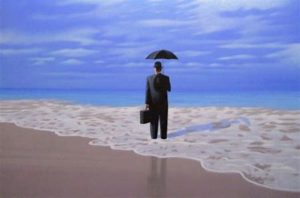
During the covid-19 emergency in BC since mid-March, an unseen virus haunts us and has changed the world. Existentialism leads us to the singular and personal nature of our existence. How does existential philosophy help us to consider the Big Questions during the pandemic?
B.A. (Georgetown), M.A. (Boston College), Ph.D. (State University of New York), now UVic Department of Philosophy. A proud Canadian citizen since Feb 2017.

June 21 is National Indigenous Peoples Day, a time to recognize and celebrate the cultures and contributions of the First Nations, Inuit and Métis peoples of Canada. In this vein, and in the interests of promoting the third principle of Unitarianism, to help each other learn, Karen Christie will offer a look at her personal journey of awareness with regard to indigenous matters. In particular, she will share the learning that was sparked by the Indigenous Film Discussion Series developed by the Canadian Unitarian Council. This process of learning lessons together equips us to be better allies on the path towards truth, healing, reconciliation and relationship.
Karen Christie is a Board member of the Capital Unitarian Universalist Congregation. She also chairs the Membership Committee there, and organizes pub nights for thirsty souls! Her deep knowledge of challenges and rewards of developing cross-cultural relationships are rooted in her work in international development with NGO’s in Ottawa, a multi-national security organization in former Yugoslavia, and eventually Global Affairs Canada in Africa, Afghanistan and Haiti. She has lived and worked on six continents, and is especially committed to the first principle of Unitarianism, the inherent worth and dignity of every person.
Copyright © 2025 :
Capital Unitarian Universalist Congregation
WordPress Theme : Faith and Web

